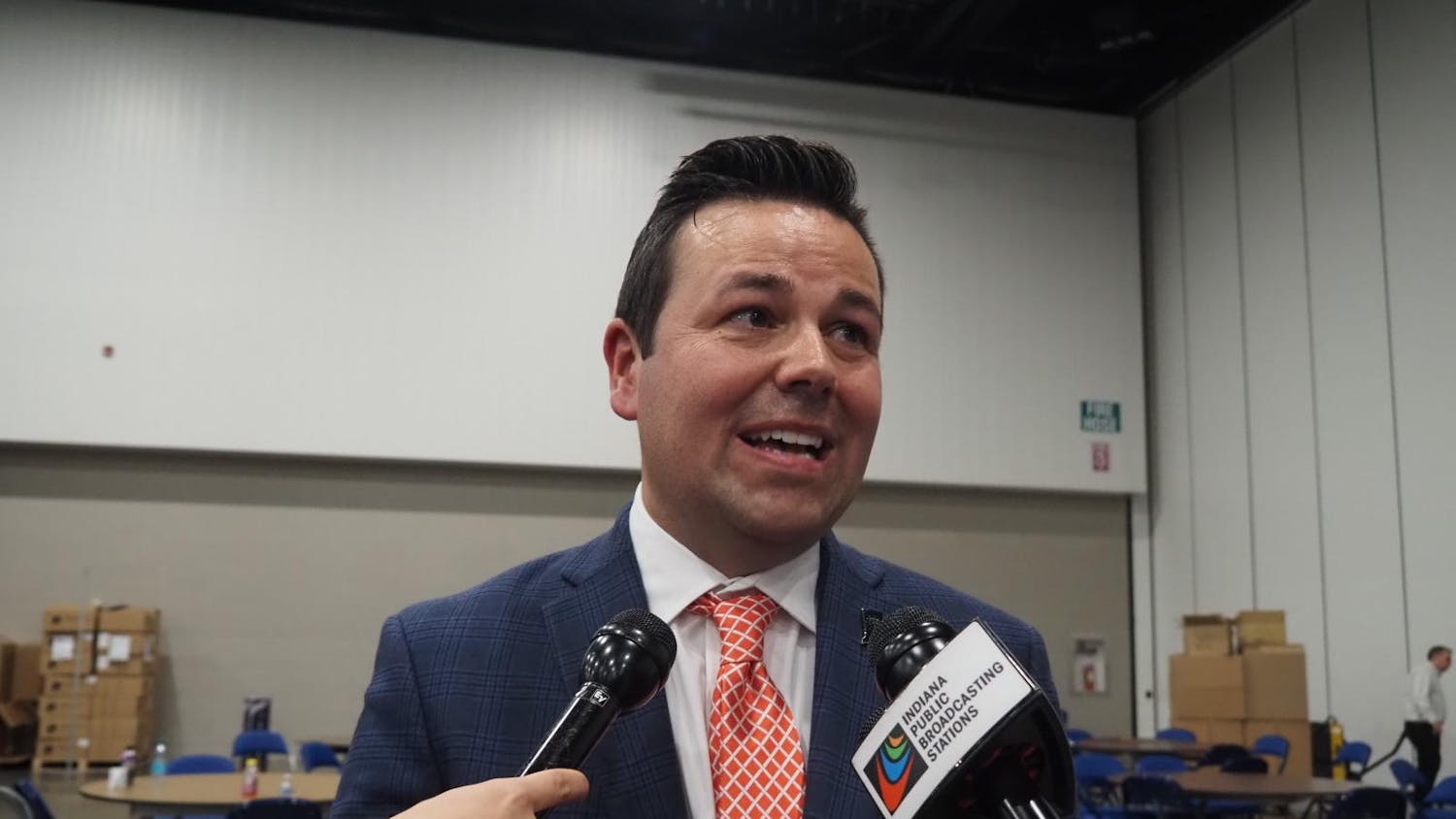The IU Chamber Orchestra will make its first public appearance at 8 p.m. today at Auer Hall. The recital is free and open to the public. The orchestra will be conducted by violin professor Paul Biss.\nA chamber orchestra is different from a normal-sized orchestra. Biss said the difference lies in both the size of the orchestra and the tone of the music.\n"A chamber orchestra is a smaller one. Here, the music becomes more intimate," Biss said.\nThe program will consist of three pieces, beginning with Stravinsky's "Pulcinella Suite," continuing with Bottesini's "Concerto No. 2 in B Minor" and concluding with Schubert's "Symphony No. 2 in D Major." \nBiss said there was a definite purpose in bringing these three pieces together in tonight's concert.\n"I wanted there to be a sense of balance and completeness. There is a cohesion that results from these three pieces," Biss said.\nThe first piece by Stravinsky is actually music extracted from the the famed Russian composer's "Pulcinella" ballet. \n"This shortened version fits very well as a concert piece. It uses some thematic material from the Baroque period," Biss said. "The piece is quite challenging and contains prominent parts for the oboe, trumpet and strings."\nThis will be followed by Bottesini's "Concerto No. 2 in B Minor for Double Bass and Orchestra." The piece will feature 19-year-old bass player, DaXun Zhang. \n"It's light and brilliantly written for the double bass. It's a virtuoso display for the double bass," Biss said.\nBottesini, a 19th century Italian composer who was most well known for his talents on the bass, wrote the piece to show off the double bass.\n"(Bottesini's) style of composing was very operatic. His music is known as the Bel Canto style of music, which literally means the art of beautiful singing," Lawrence Hurst said. Hurst is a professor of the double bass and is Zhang's mentor. "This concerto can be described as vocal imitation. It is very melodious and song-like. It is also technically a very challenging piece," he continued.\nBut the technical difficulty of the piece does not seem to bother Zhang in the least.\n"I've spent a lot of time on this piece and I've played it twice with an orchestra before," Zhang said.\nAt the age of 19, Zhang has proven to be a rare talent and has impressed quite a few people, including himself, Hurst said.\n"I first met him in China 10 years ago. In the 35 years I've been teaching, he is one of the half dozen students who are exceptionally gifted," Hurst said. \nAfter a brief intermission, the evening of chamber music will conclude with Schubert's "Symphony No. 2 in D Major." This is an early work by Schubert, written when he was a teenager.\n"It's a useful, engaging and optimistic work," Biss said. \nBiss said "Symphony No. 2" is the best known early work by Schubert. He also said the evening promises to be one of engaging music and impressive performances.\n"All the music tonight has a lot of energy," Biss said.
Recital features student talent
Musical tone, group size make chamber orchestra concert 'more intimate'
Get stories like this in your inbox
Subscribe





